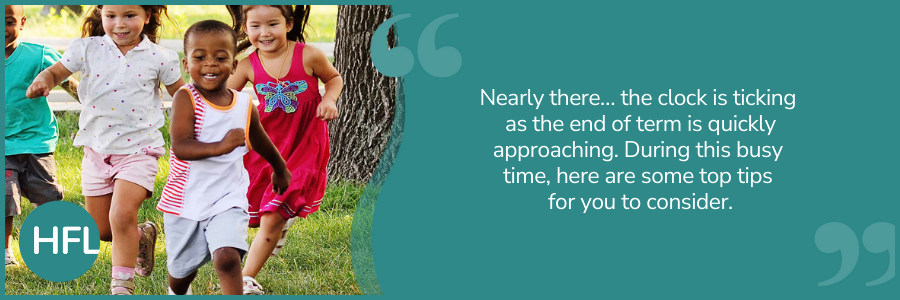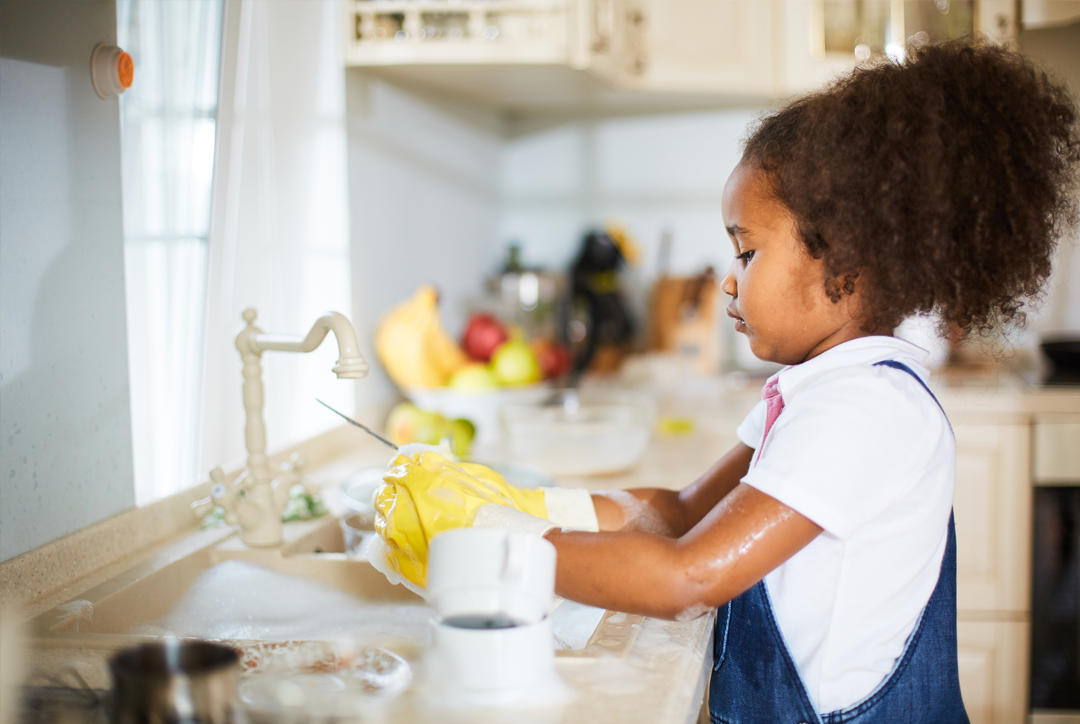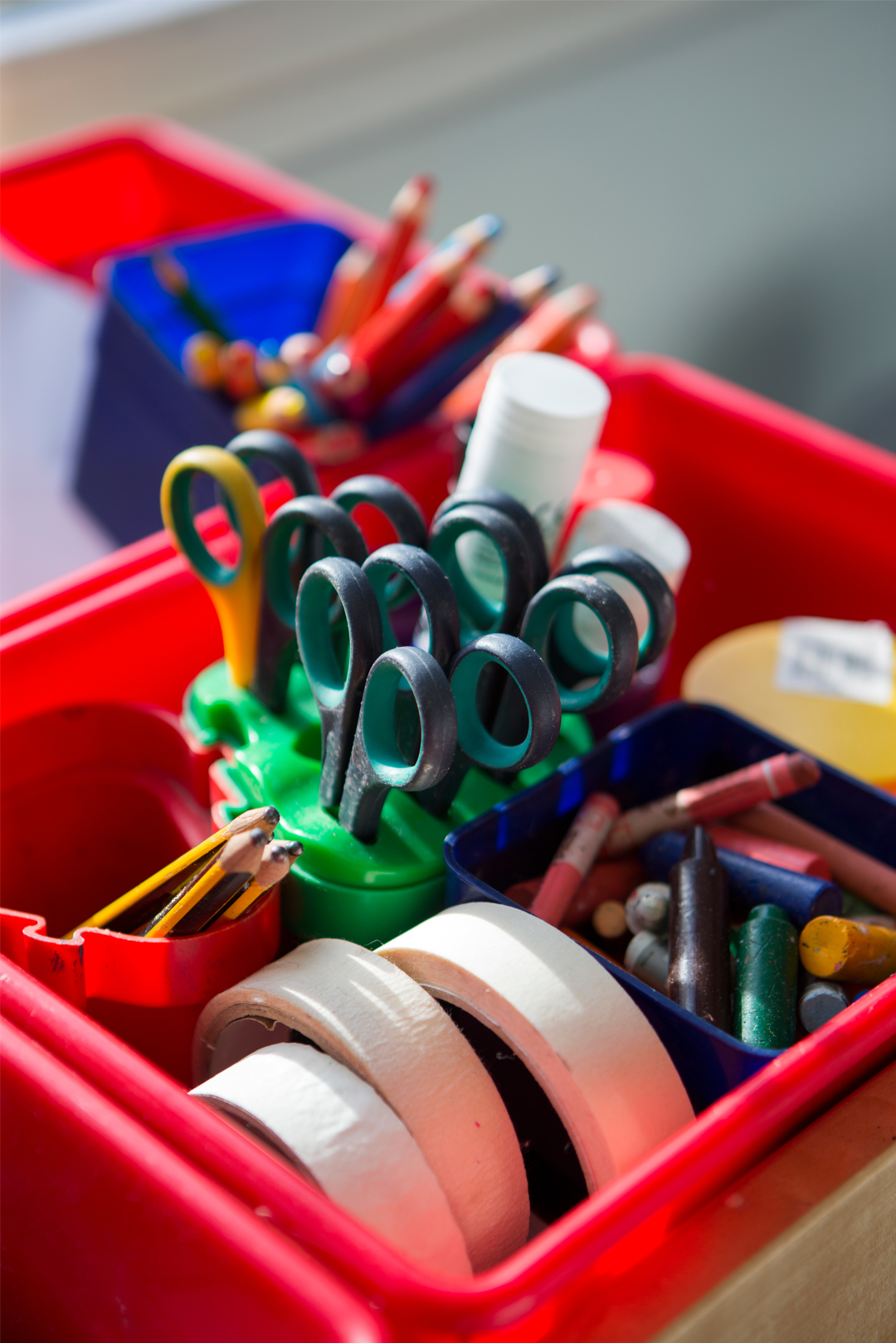
It’s that busy time of year and the clock is ticking to complete a list of things to do as another year quickly draws to an end. It goes without saying that some of us have had many challenges that we have continued to face on a daily basis, or some may have had a much smoother year. What remains and goes without saying is the huge impact that we all have in making a difference to the outcomes of children’s lives. As we look back, there is no doubt that we will find many examples of the milestones that children would have accomplished during their time with you and there is so much to celebrate. Reflect on all those magical moments that make you smile with pride knowing that YOU (regardless of what role you hold in your setting) influenced the progress that every child made!
So as we now approach the end of the year, a few top tips to consider before the school gate closes for our existing cohort of children:
1. End of term is nigh
As the term comes to an end, consider setting up activities where children are fully involved in washing up the resources and then sorting them as they replace them back in their original containers. Not only will this teach vital life skills, but it will equip them with understanding the importance of looking after resources and a whole wealth of other learning opportunities. Examples include, sorting, comparing, talking about similarities and differences, responsibility, pride, and care – enjoy and have fun!

2. Pass on information
Now you have your Early Years Foundation Stage Profile (EYFSP) data, remember to analyse this information, and use it to support children’s transition to Y1 and key changes to the provision. Make time to meet your Y1 teacher and discuss each child’s individual attainment and the strengths of the whole class. It is important that during this time Y1 practitioners have ample opportunity to visit your EYFS to get to know the children and experiences that children engage in. As Diane Rich states – ‘look back to look head.’
3. Celebrate
Maximise the use of end of term open evenings/days/events to showcase and celebrate the learning throughout the year. Provide time to reminisce on all those special and magical moments that led to wonderful discoveries and learning. You may want to take photos of end of term events and displays to create a ‘book of memories’.
4. Transition:
With your transition activities now underway don’t forget to maximise the use of the information received from parents and from previous settings, by meeting and talking to children to make adaptations to your learning environment so that you are fully ready and prepared to welcome your new cohort at the beginning of the new academic year.
Have you seen HfL’s cohort summary sheet which will help you to collate pertinent information for the new incoming cohort: EYFS entry cohort summary
5. Signpost parents to local events
Signpost parents to local events being run over the summer by family centres and other agencies or take a look at 50 things to do before you’re 5 in Hertfordshire.
Family centre services and support – including details of the 11 hubs:
www.hertsfamilycentres.org
6. Disadvantaged and Vulnerable groups (D&V)
Consider using Early Years Pupil Premium funding to ensure effective information sharing practices are in place to support smooth transitions for disadvantaged and vulnerable children by arranging cover for staff so that thorough handover meetings can take place.
Review the impact of resources and interventions that you have put into place this year to see if they have impacted on progress and/or closed the gap between Free School Meals (FSM) and non-FSM children. What changes will you make as a result to meet the needs of the children that are eligible for funding starting in September?
To help you, have you seen our ‘Making the Difference Early Years toolkit’? If you would like a free digital copy and find out more about how to improve outcomes for disadvantaged and vulnerable groups in the Early years then come along to our two part training: ‘Making the difference: improving outcomes for disadvantaged and vulnerable groups in the EYFS
7. Time to declutter
As Early years practitioners we are experts at acquiring a wealth of resources, some that become ‘treasure’ and some that stack up and don’t get used. Or there are those that have taken up space in the learning environment for years and hardly accessed by children. You may already have identified these or are thinking ‘yes, I know which ones they are…’ Time to make that change and de-clutter.

When thinking about your new cohort, reviewing, making changes and setting up your learning environment, consider the use of our multi award winning resource Places to Play Every Day (3-5 year olds) for some inspiration and tools to help audit your provision.
8. Looking ahead
Find a moment to map out the first week in the autumn term with your team to help the settling in process so that everyone is clear of their roles to help children and families have a happy, welcoming and enjoyable start. Agree on the most important aspects that will support the settling in process in line with your transition events.
The transition toolkit has a wealth of resources to support you with this.
9. Reflect, relax and revive!
Lastly, your wellbeing is absolute paramount. So as this busy term draws to an end, take time to reflect and review on the year with what has gone well and makes you feel proud. Take time to thank your team and all those that helped to make a difference including yourself. Most importantly, switch off, totally relax and enjoy the summer break in preparation for the new term. An exciting journey awaits with a new cohort to begin in September.

For more regular top tips from our team of Early Years Foundation Stage education specialists and to hear about our new training courses, resources, and blogs please subscribe to our mailing list.
Happy holidays!



